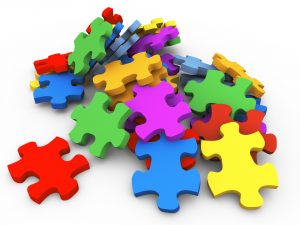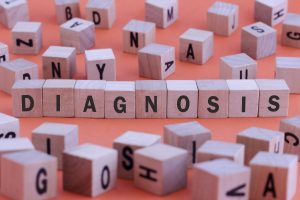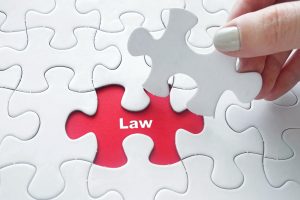
Aim: To give a brief overview of the types of psychological and psychiatric difficulties which occur following brain injury, their clinical presentation, contributing factors and how to help support the person with these difficulties.
Following Acquired Brain Injury (ABI) the person’s personality, behaviour and mental state can be influenced by a number of factors including the following:
- Pre-injury personality traits.
- Prior history of mental illness. Pre-existing psychological and psychiatric difficulties are likely to re-emerge after brain injury and may be exacerbated by the injury e.g. anxiety and depression.
- Previous history of alcohol and/or substance misuse.
- The severity of the brain injury.
- Confusion associated with post traumatic amnesia and ongoing cognitive impairments e.g. Impairments of attention, memory, language.
- Damage to the frontal lobes of the brain and associated neuronal networks resulting in executive functioning difficulties.
- Communication problems.
- Post injury psychological and psychiatric difficulties (see links below).
- Social factors.
The person who has sustained a significant Acquired Brain Injury (particularly where there has been damage to the frontal lobes and associated neuronal networks) is at increased risk of developing psychological and psychiatric problems, even in the absence of a prior history of mental illness. Damage to these regions of the brain may result in emotional and behavioural dysregulation (i.e. loss of normal control of emotions and behaviour), including problems such as:
- Reduced motivation.
- Reduced ability to initiate activity (e.g. activities of daily living).
- Reduced motivation.
- Reduced empathy.
- Emotional lability.
- Reduced impulse control (i.e. reduced ability to control expression of emotions and behaviour).
- Agitation.
- Aggressive behaviour.
- Impaired judgement.
- Socially inappropriate behaviour.
- Sexually disinhibited behaviour.
- Reduced insight/awareness of the consequences of brain injury and its impact.
This constellation of problems arises from executive functioning impairment and is referred to as dysexecutive syndrome. This syndrome is frequently associated with personality change and challenging behaviour.
Changes in mental state following brain injury frequently overlap with the changes observed in personality. For example, the person may present with irritability which may be a feature of personality change and/or a mood disorder. It is often difficult to be certain regarding the underlying cause of increased irritability after brain injury. A number of factors may be contributing.
Please note that the person with cognitive and/or communicative difficulties may be unable to identify and express their emotions clearly. It is therefore important that a comprehensive assessment is carried out in order to ensure the correct diagnosis is made and appropriate treatment implemented. Appropriate treatment can lead to an improvement, not only in mental state, but also in the person’s overall level of functioning and quality of life.
The experience of psychological and psychiatric difficulties, particularly changes in personality, can be very distressing for the brain injured person, their family, friends and carers. Therefore it is important that adequate support is provided to families/carers.
A wide range of psychological and psychiatric difficulties may occur following brain injury. Please click on the links below for more detailed information and treatment guidelines:
Emotional Lability
Adjustment Difficulties
Depression
Anxiety
Manic Type Symptoms
Psychosis
Changes in Personality
Behavioural Difficulties
Risk of Suicide
Treatment Guidelines for Psychological and Psychiatric Difficulties
In the context of treating psychological and psychiatric difficulties, medical staff may need, on occasion, to consider the use of appropriate legislation i.e. the Adults with Incapacity (Scotland) Act 2000 and/or the Mental Health (Care and Treatment)(Scotland) Act 2003.
difficulties, medical staff may need, on occasion, to consider the use of appropriate legislation i.e. the Adults with Incapacity (Scotland) Act 2000 and/or the Mental Health (Care and Treatment)(Scotland) Act 2003.
Further information about specific mental health problems can be accessed below:
http://www.rcpsych.ac.uk/healthadvice/problemsdisorders.aspx